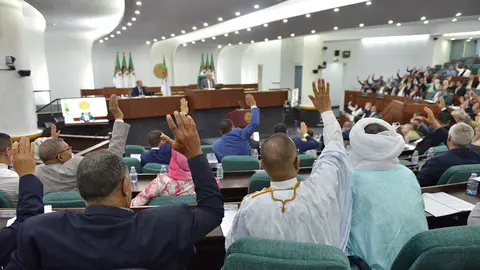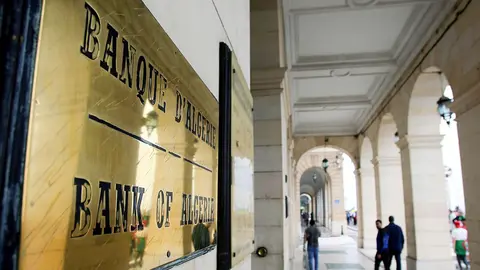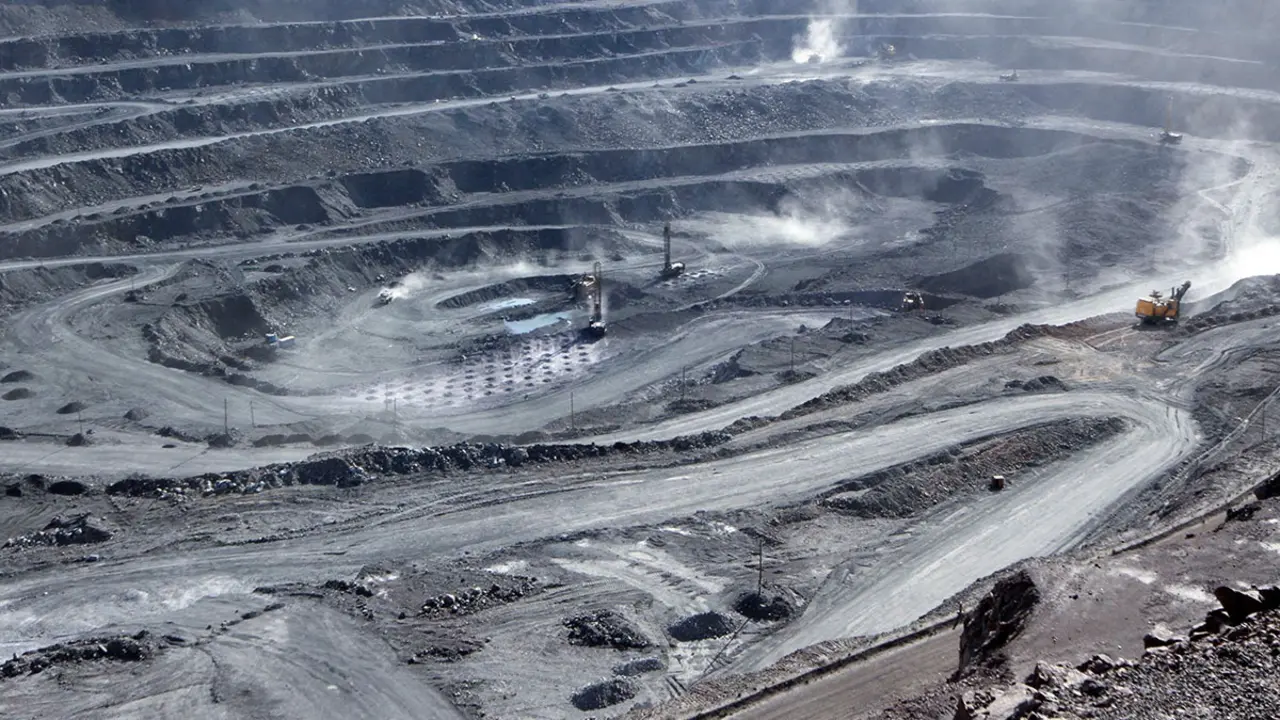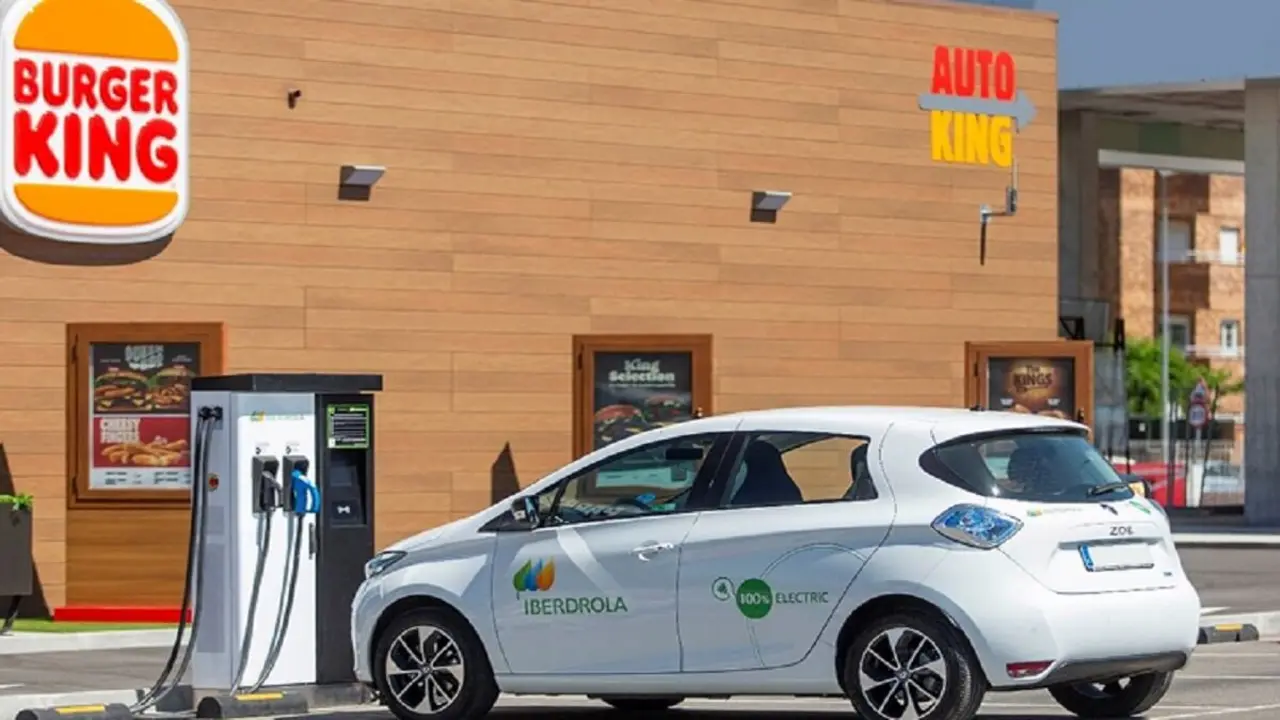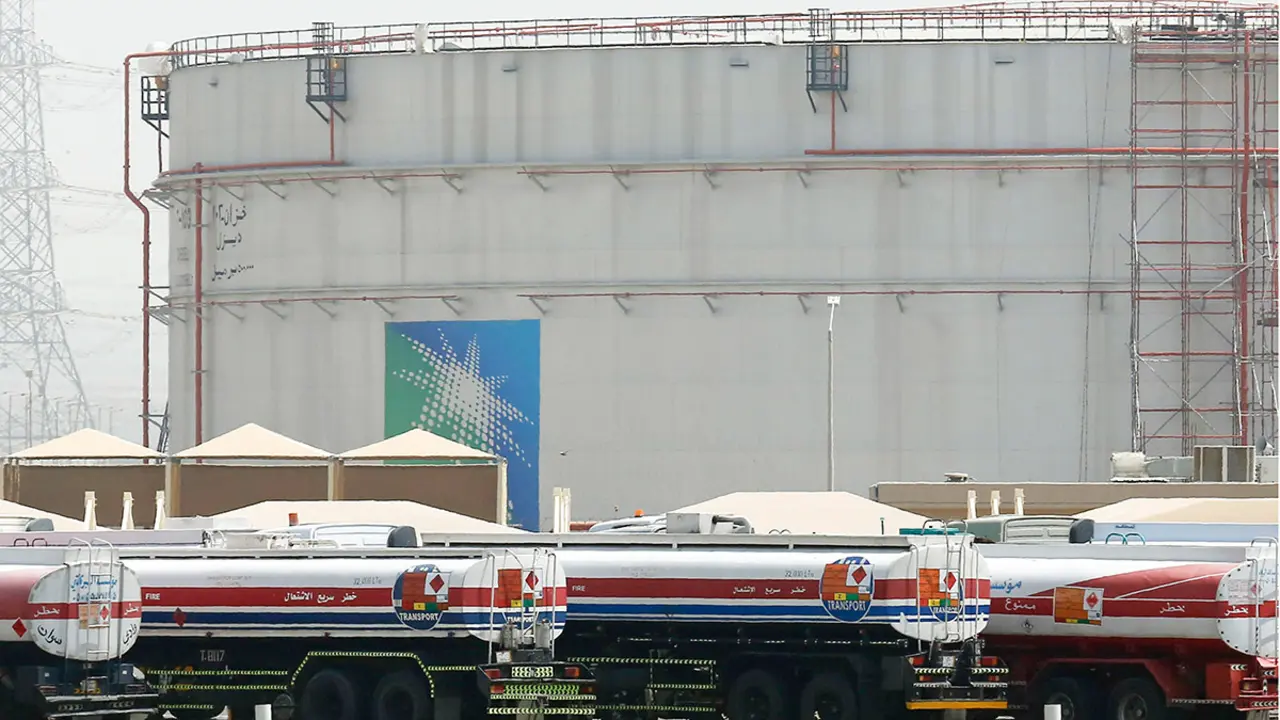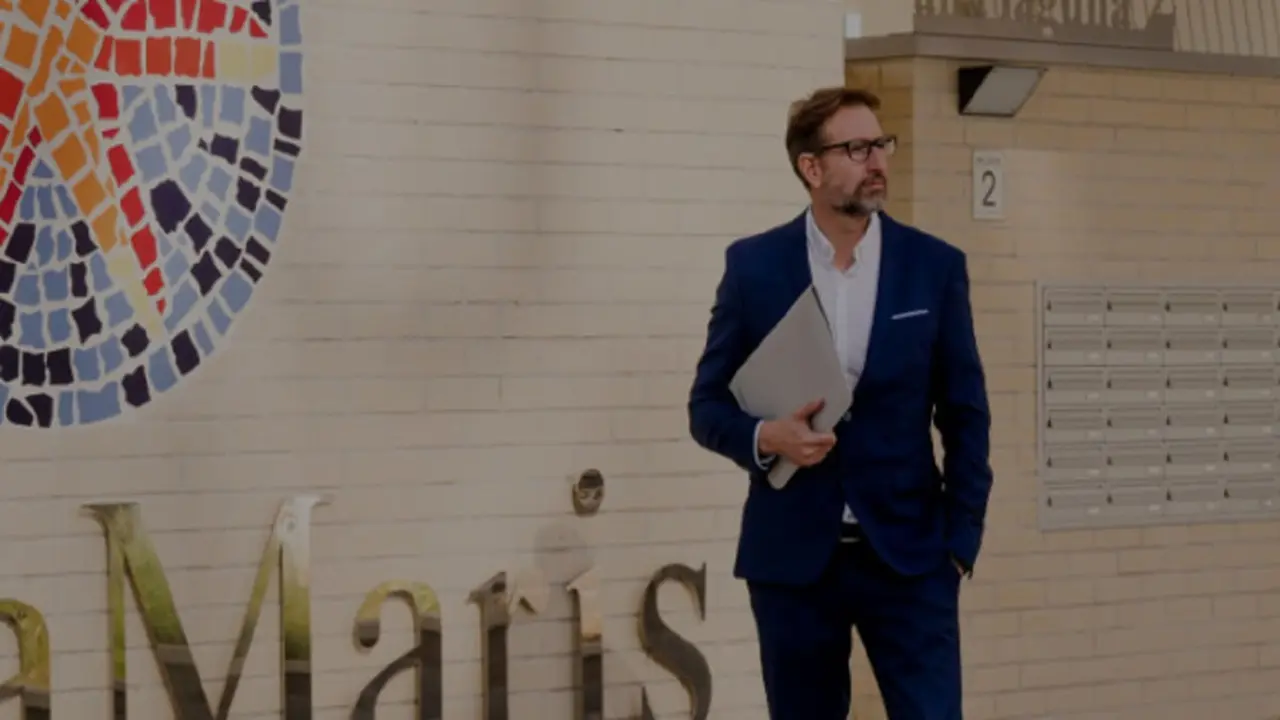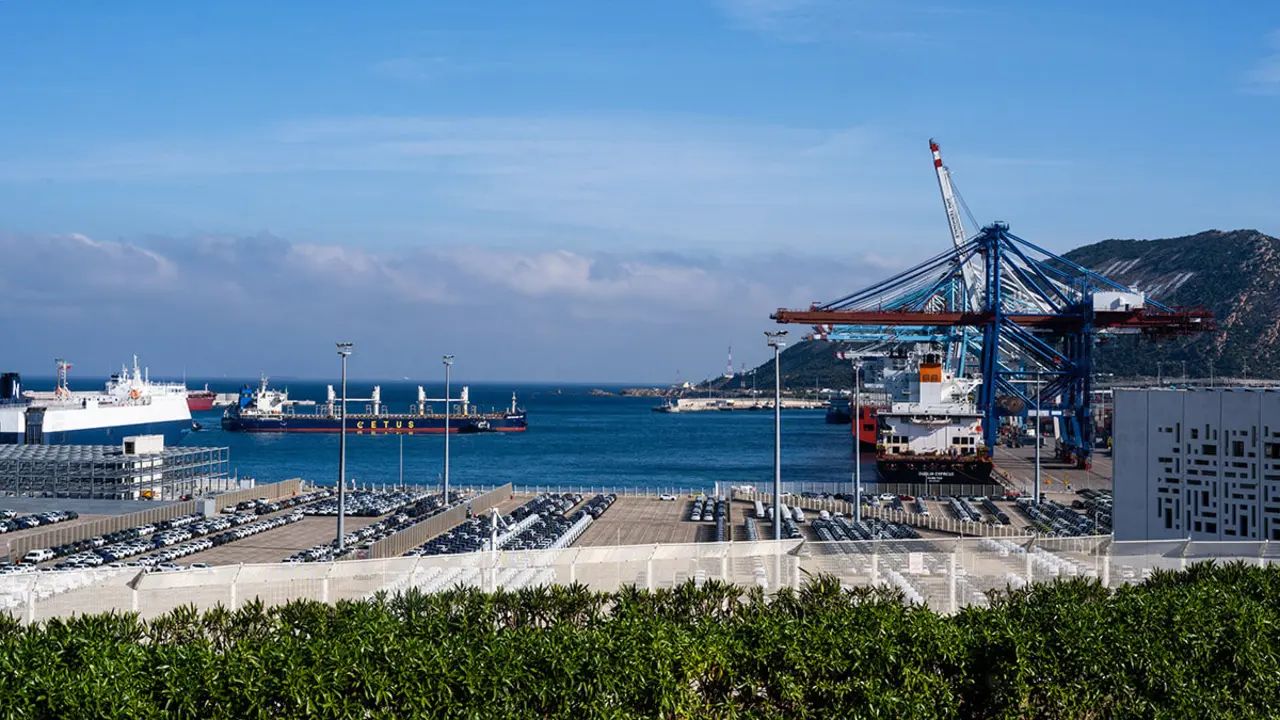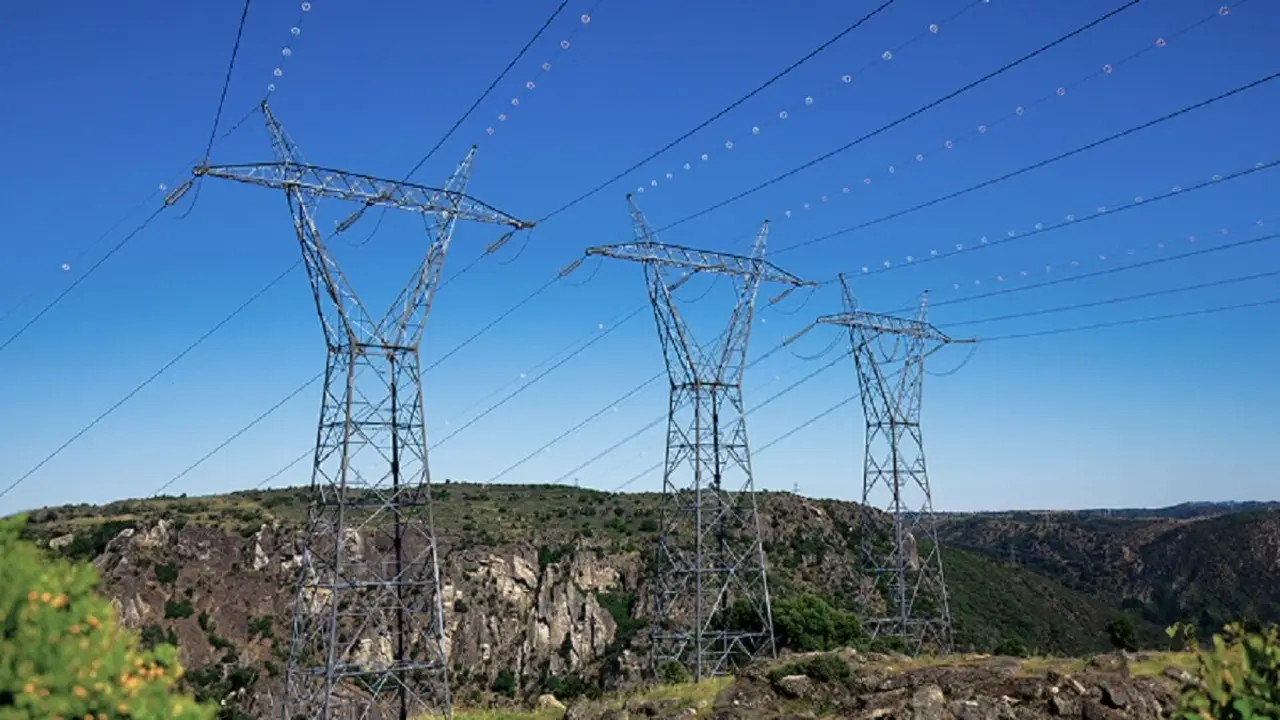Algeria faces the challenge of transforming its economy
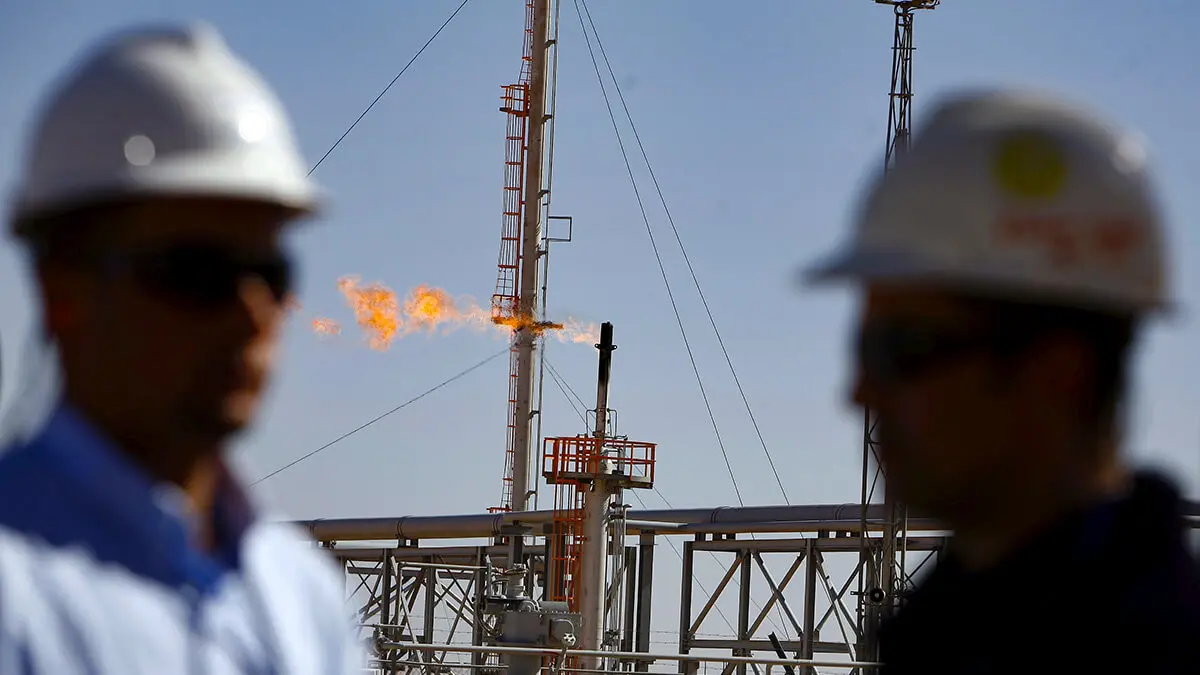
Algerian President Abdelmadjid Tebboune has reiterated his ambition to transform the country into one of the continent's leading economies. ‘Algeria aspires to become, within two to three years, the second or first African economy,’ he said during an event with economic operators. However, this vision clashes with the country's heavy dependence on the energy sector and the fragility of its fiscal balances.
Algeria recently awarded five hydrocarbon exploration and production blocks to foreign companies as part of the ‘2024 Bidding Round’, the first in more than a decade, a move that could bring diplomatic benefits for Algeria in relation to other important nations, which would certainly be favourable given the regional exclusion it currently suffers. This initiative seeks to attract investment and consolidate the country as a key energy supplier, especially for Europe. However, this approach reinforces concerns about economic vulnerability stemming from dependence on hydrocarbons.
Between 2019 and 2023, the hydrocarbon sector accounted for around 14% of GDP, 95% of exports and 47% of the country's tax revenue. For this year, the sector is expected to grow by 5%. This sector carries great weight in the North African nation, and this situation puts it in the same position as other countries seeking to move away from hydrocarbons in order to diversify their economies and reduce their dependence on this main source of financing, such as Saudi Arabia and the United Arab Emirates.

Dependence on oil does not make us rich; it makes us more vulnerable
In 1970, economist and historian Hossein Mahdavy introduced the theory of the rentier state, explaining how countries that depend heavily on external revenues—such as those from oil—face unique challenges that hinder their economic development. Because these revenues come from abroad and are not linked to domestic production, they are more like ‘unearned gifts’ than productive earnings. As a result, the governments that receive them tend to spend without fostering a strong national economy, relying on a state-led model that expands public spending without developing real industries or productive sectors. This dynamic often leads to weak governance, inefficient investment, limited sustainable development and even democratic deficiency.
In Algeria, this rentier logic is evident. Algeria's main hydrocarbon production centres—such as Hassi Messaoud, In-Salah and Ouargla, located in the south of the country—generate most of the export revenue. However, this wealth is not redistributed equitably. It mainly benefits the north and the central government's finances. According to reports by Morocco World News, corruption and lack of transparency in the management of these resources only exacerbate public mistrust. Socio-economic exclusion in the south is particularly reflected in the precariousness of public services, which fuels growing instability in the region.
Against this backdrop, growing demands for greater autonomy from southern Algeria have increased. Similarly, over the last five months, the Algerian authorities have arrested and convicted at least 23 activists and journalists, mainly for their support for the digital protest movement “Manich Radi” (I am not satisfied). According to Amnesty International, all those detained were arrested for peacefully exercising their rights, and most are serving prison sentences or awaiting trial.
This context adds to the legacy of the Hirak movement, which emerged in February 2019 with massive peaceful demonstrations across the country against former President Abdelaziz Bouteflika. Over time, the Hirak's demands have evolved into broader calls for political reform and greater civil liberties, which continue today, in opposition to the administration led by Abdelmadjid Tebboune.
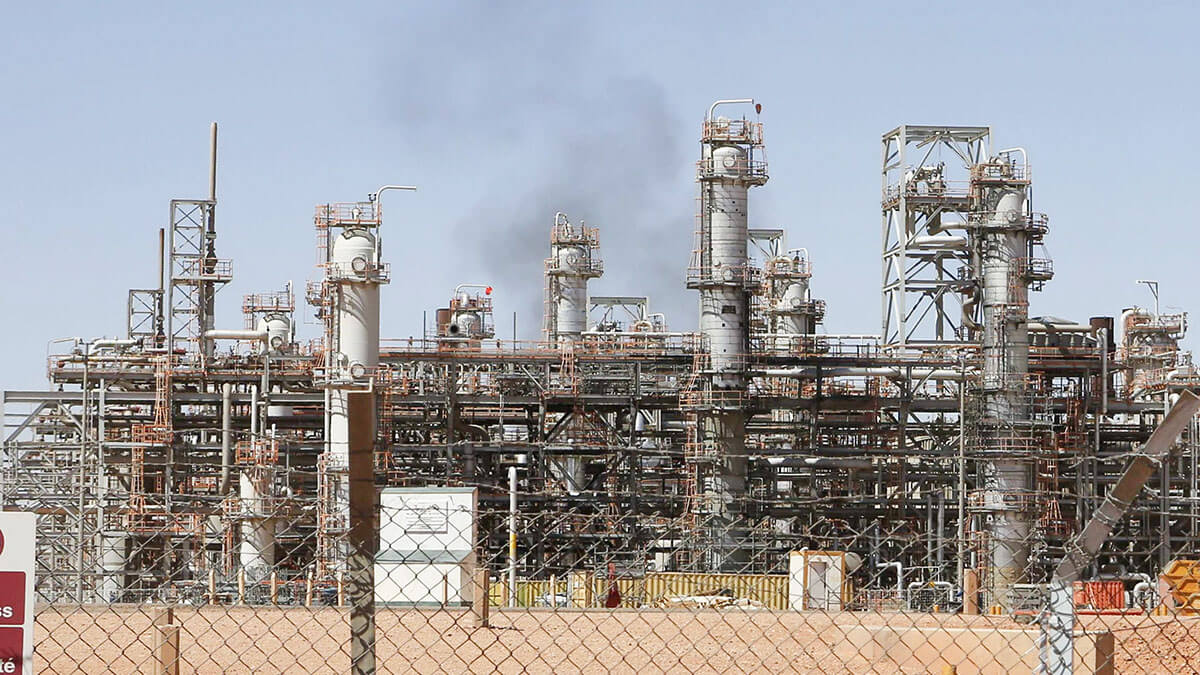
Growth prospects
It is true that, over the last decade, the country has made significant progress in both its economy and human development, thanks to investments in infrastructure and social policies focused on better redistribution of resources.
In addition, measures have been implemented to expand the participation of foreign investors in local companies, which was previously very restricted. New laws have facilitated investment, improved the credit system and strengthened monetary policy. In 2021, the government presented a plan to transform its economic model, which has historically been dependent on the state and oil.
In fact, according to El Independiente, the non-oil economy grew by 4.8% in 2024. For his part, economist Dr Galul Salama, in an interview with SkyNews, stated that the fiscal deficit forecast for 2025 is within expectations and does not compromise macroeconomic stability, highlighting the commitment to industrial diversification.
However, the World Bank warns that more decisive efforts are needed. Like other oil-exporting countries in the MENA region, Algeria must further diversify its economy to provide better job opportunities, especially for its significant young population, with unemployment rates of 12.7% overall, reaching 25.4% for women and 29.3% for young people aged 15 to 24.

